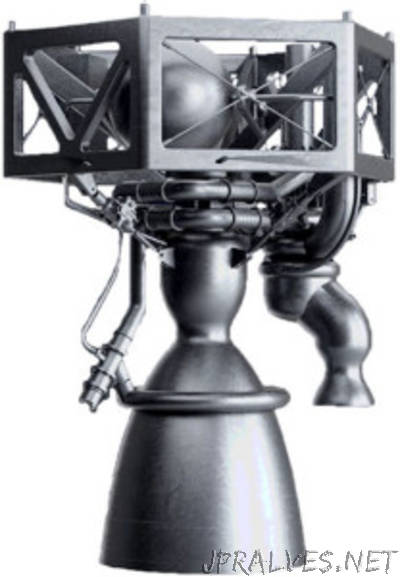
“The European Space Agency and Airbus Safran Launchers, the 50/50 joint-venture set up by the Airbus and Safran groups, which will become ArianeGroup on July 1, today signed, at the Paris Air Show, the first tranche of the development contract for the future Prometheus LOx-methane engine. “This signing underlines our determination to prepare now for the future of Europe’s launchers beyond 2030, while pulling out all the stops to ensure an Ariane 6 first flight in 2020. Those two approaches based on continuous competitiveness and innovations are perfectly complementary”, explained Alain Charmeau, CEO of ArianeGroup. “The engine is indeed a vital element of the launcher. Preparing the technological breakthrough resulting in an engine about 10 times less costly to build than the current Vulcain®2 engine will allow us to remain in the global race for access to space I therefore thank ESA and its member States for their contribution to the development of tomorrow’s European technology.” Prometheus is a demonstrator running on liquid oxygen (LOx) and methane for a reusable engine. Applications deriving from it will be able to equip future European launchers as of 2030. The objective of this demonstrator is notably to produce an engine for 1 million euros, versus the approximately 10 million euros it now costs to produce a Vulcain®2. The success of this technological challenge is based on a new design and on the extensive use of innovative methods and means such as 3D printing, predictive maintenance and digital control. The Prometheus project was begun in November, 2015, with partnership investments between the French space agency (CNES) and ArianeGroup, but took on a truly European dimension in December 2016, at the last ESA ministerial level conference in Lucerne. Prometheus was then allocated a budget of more than 80M€. The contract signed today also marked the addition of European industrial partners to the Prometheus demonstrator project, including Avio from Italy, GKN from Sweden, Safran AeroBooster from Belgium, and the German and French entities of ArianeGroup.”
